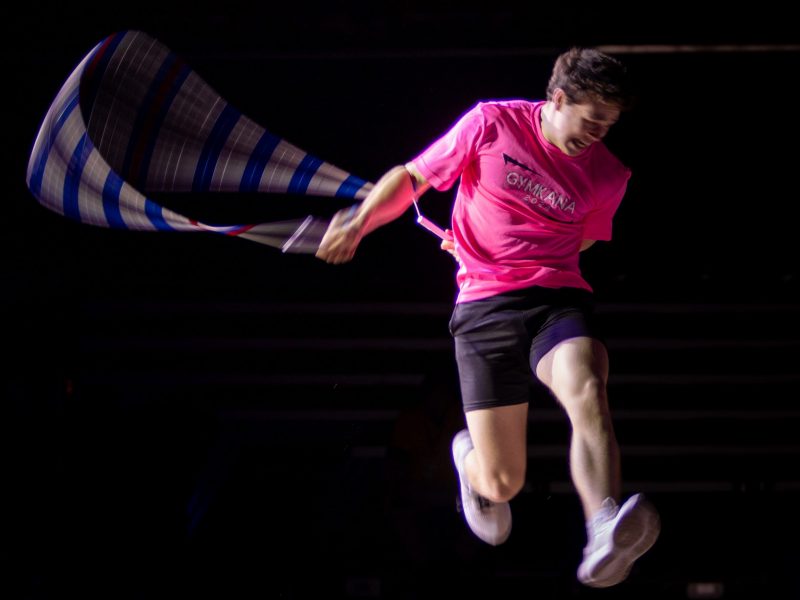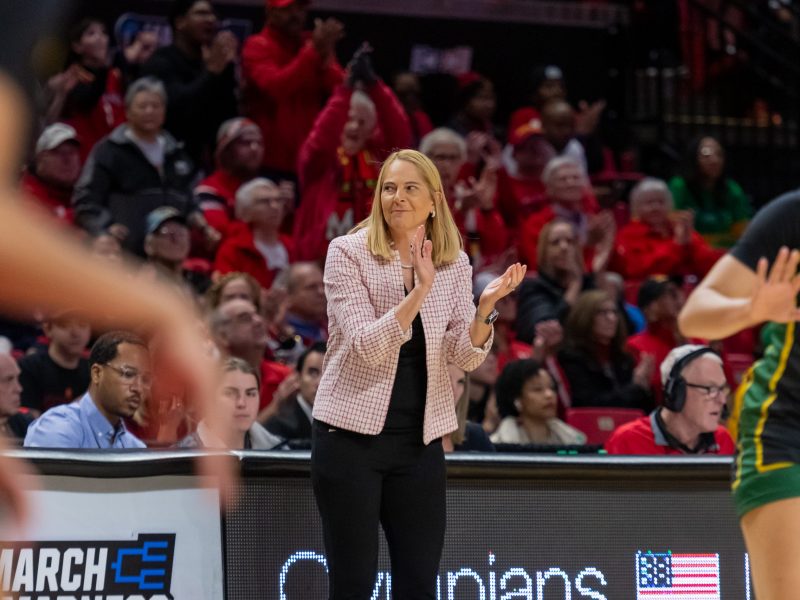I’ve only ever been in one fight.
“Been in” is perhaps too strong a phrase; only one of the two parties involved expressed some level of volition. Using the word “fight” may also be misleading as it, too, seems fairly participation-based.
I’m not talking a sibling smackdown — with three brothers, small-scale turf wars occurred regularly enough in our household. Backyard sporting events, impromptu wrestling matches, collective toothbrushing, etc., often devolved into full-blown fistfights. I mean the sort of brawl that’s unlikely to be forgiven and forgotten after a few rounds of Mario Kart.
The incident took place on the blacktop during lunch recess. His name was Alex. A veritable font of eighth-grade piss and vinegar, with just enough of a mean streak to be warily accepted by the rest of the cool kids as an occasional diversion, he’d taken a disturbing shine to me somewhere along the line.
Typically, he’d settle for the occasional trip or backpack kick. On that day, however, he and his cronies were out for blood.
Twelve years old, standing in at an imposing 5-feet-9 but with a physique described charitably as lanky, I knew better than to force the issue. After all, he was really into professional wrestling at the time, and I didn’t have much of a desire to discover whether his TapouT sweatshirt reflected any personal skill.
That day, he’d settled for some classic intimidation tactics (“Where’d your mom buy you that lunch box, huh?”) and an incredibly one-sided shoving match. At one point, Alex hoisted me over his head, and I had a brief heart-stopping flash forward to him pile driving me onto the asphalt. Fortunately, he appeared to lose interest halfway through, and I landed back on my feet, dodging permanent brain damage by a closer margin than I’d have liked.
They sauntered off, and I thanked God profusely for lunch moms.
Even as an isolated incident, this encounter sums up much of my middle school experience. Adolescence is universally uncomfortable and frequently painful, and grades six through eight proved no exception. And though a science fiction novel published more than a decade before I even enrolled in elementary school might seem an unlikely solace, Orson Scott Card’s Ender’s Game provided perhaps my greatest source of comfort.
Given my lack of propensity toward school-yard violence, it’s striking how much significance I attach to the titular character of Card’s 1985 masterwork. After all, in the novel’s opening chapter, we witness Ender Wiggin brutally beating his kindergarten tormentor, later to learn that the wounds he inflicted proved deadly.
It’s not the only death that ensues, as Ender fatally injures another student and ultimately commits xenocide (albeit unknowingly). However, through it all, we’re consistently reminded that Ender is not a killer. He just wins. Thoroughly.
I first picked up a copy of Ender’s Game sometime at about age 7. It’s a curious situation: My uber-strict parents outlawed SpongeBob SquarePants, allegedly concerned their children would slip and start using the words “butt” and “stupid” in public (expressly forbidden in our household). But while I was sheltered from the influence of that anthropomorphic sponge, my parents never indicated any alarm over the content I was bringing home from the bookstore and library.
That suited me just fine; I had always preferred books to television or movies. I read constantly, devouring novel after novel. At one point in my younger years, I recall my mom, exhausted from trying to find me new material, handing me a box of The Adventures of Mary-Kate & Ashley books and telling me, “They’re for boys, too.” I unabashedly read them all.
I read anything: Animorphs shared bookshelf space with The Catcher in the Rye; The Lord of the Rings cozied up to some cheap paperbacks dangerously approaching Twilight spin-offs. But nothing ever seemed quite as relevant or understatedly poignant as Ender’s Game.
Sure, I loitered in Narnia for a while. I took repeated forays into Middle-Earth. Harry Potter came and went without so much as a backward glance, but Ender’s Game was forever.
As far back as I can remember, at least in my early schooling, I always struggled to connect with my peers. Content to simply watch other students from a distance, I rarely formed significant bonds. Teachers often described my lack of social participation as unsettling. My kindergarten teacher once instructed my parents to have me tested for autism.
Fiction seemed so much more vivid and fulfilling than reality, and I admittedly took escapism to some unhealthy extremes. I binged, losing myself in literary benders.
Ender’s Game proved immediately relatable. As Ender navigates Battle School, that compelling combination of Lord of the Flies and some warped ’70s space opera, he frequently finds himself a social pariah. That disconnect resonated with me.
The novel offered solidarity: Ender’s social shortcomings largely mirrored my own. For the longest time, I wasn’t able to relate to my peers; neither was he. Of course, I’ve never faced being beaten to a bloody pulp in a Battle School bathroom, but an outcast? Sure. Kids can be cruel. And no one understood that better than Card.
Ender’s extraordinary brilliance places him at immediate odds with his classmates. Confronted with someone they couldn’t quite understand or hope to best in the classroom or the Battle Room, they lashed out. I lacked his genius-level intellect and certainly his military prowess (as exhibited by my run-ins with Alex). Nonetheless, I never quite could shake the feeling that my elementary school peers and teachers alike just couldn’t figure me out.
Above all, Card validates childhood fears, aspirations and obstacles. Yes, his characters are brilliant and mature at an accelerated pace under Battle School’s malevolent rigor. However, they’re children at their cores, 6-year-olds playing grown-ups — and playing them remarkably well. But when their cracks surface, which they often do, we’re left with striking reminders of just how young Ender and his peers truly are.
On the other hand, the adults populating Ender’s Game are either too far removed from their own childhoods to understand its unique tribulations or overtly patronizing. A practiced cynic before age 10, I found Card’s take on adolescence refreshing and comforting.
That demonstrative understanding of childhood and the child-adult dynamic set Card apart from other authors. Card, controversial personal politics aside, deserves admiration — if for nothing other than recognizing that children’s thoughts and actions are no less significant or viable than those of adults.
At some level, Ender’s Game will always be intrinsically tied to my childhood. I’ve grown up since the first time I picked up the novel. I’ve grown up since seventh-grade recess. But some part of me will always be sitting in a kindergarten classroom; some part of me will always remember that blacktop. Growing up is painful, but life is good now, just as much of it was good back then. Keep your head up — and remember, the enemy’s gate is down.


